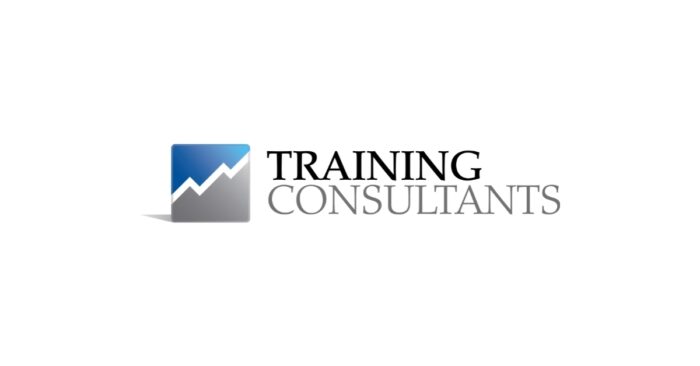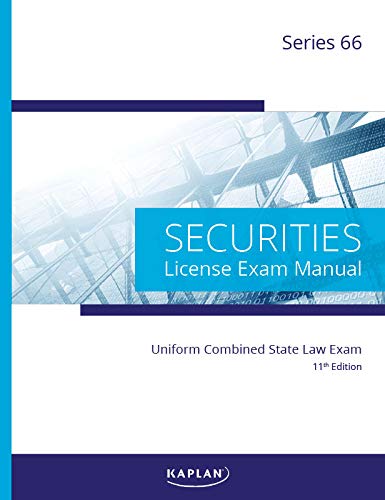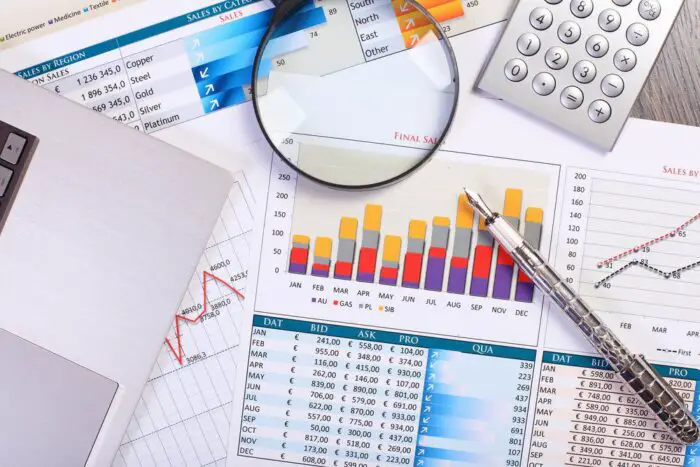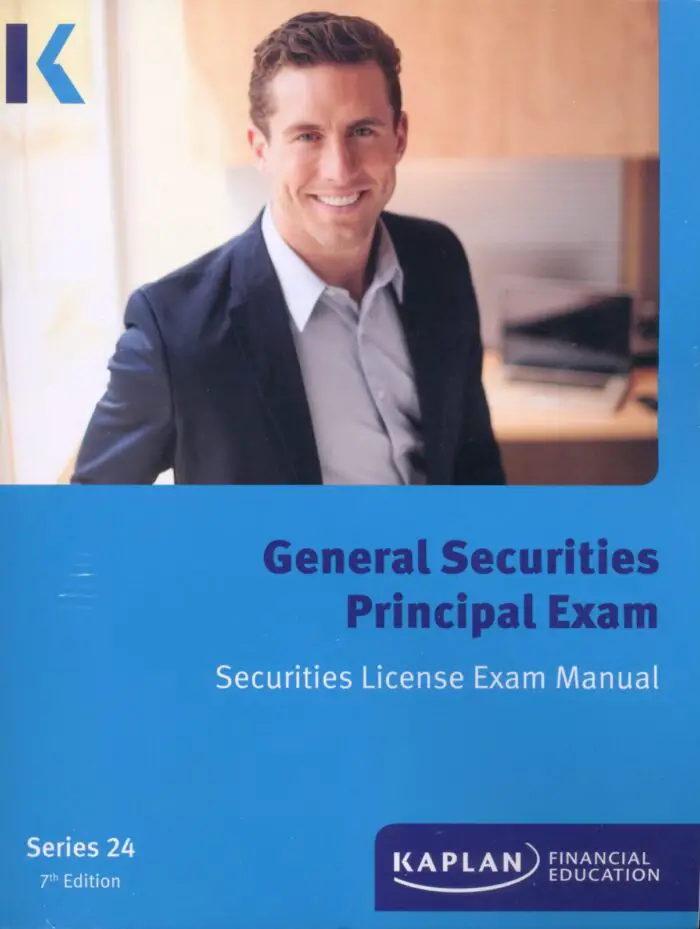I Just Passed My Series 7 Exam, and How You Can Too!
This blog post actually comes about 4 weeks late, as I actually passed my exam on June 2nd, which at the time of writing this literally feels like it was just yesterday. It is hard to believe that it’s already been nearly a month since passing that first real license exam, as looking back time is both dragging and flying at the same time due to this whole virus mess going on. But enough chit chat, today I’ll walk you through what taking the Series 7 is going to look like during a pandemic, why you have to wear a mask to Prometric to take your Series 7 and Series 66 banking license exams, and my experience with taking these tests so far. For more information, be sure to subscribe to our blog for daily newsletter updates, and to comment down below with your thoughts and opinions on the article, and we’ll get back to you within one business day with a response.
Other powerful financial license exam certifications that are on my bucket list now include the following:
The Series 66 Exam, next on the list and scheduled to take this August 3rd
Insurance 2-15 Exam
Insurance 2-20 Exam
The Series 9 Exam
 The Series 10 Exam
The Series 10 Exam
Series 31
Series 3
Series 24 Exam
Become a Notary Public
CPA Exam BEC
FAR
AUD
REG
Achieve a JD and become a bar certified attorney at some point
Get my MBA
| Related Posts |
|---|
How I Passed My Series 7 Exam, My Advice to You and How You Can Pass on The First Attempt
Okay so, to start off esoterically, in typically Inflation Hedging.com fashion, I want to talk a little bit about the sacrifice that some of these banking license exams take, and this goes for Law School, for the CPA Exams, for Finance Exams, for Engineering, or for any difficult career field exams. If you have a girlfriend or boyfriend, ignore them, if you have friends who like to go out, literally get rid of em, ignore your family’s calls (okay you can call your family….but visiting them frequently is literally out…not even kidding.) If you’re working a full time job, and going for these license exams, and you NEED to pass on the first try, either for office politics, or because your job is on the line, then lets look at the math of why you need to sacrifice a lot in order to pass these exams.
So, lets boil this down to a simple math problem:
-There’s 168 hours in a week
You’re asleep for 54 hours a week
Eating, showering, maintenance, etc. takes at minimum 3 hours a day, so that’s another 21 hours a week
If you work a full time job, after commuting, random things popping up etc, lets call this 50 hours a week.
That’s 125 hours per week, you have 43 hours left per week to study. Including weekends etc. This boils down to an average of 6 hours per day of free time.
Studying is going to take at MINIMUM 4-6 hours per day of studying for at least 40-60 days in order to pass these things on the first attempt. And I do not care what other sites say, when they say that you can pass these exams on 100 hours of study, they are DEAD wrong, 200-250 hours of total studying is where you need to be at in order to 100% GUARANTEE that you pass these exams on the first attempt. Deviate from this and risk failure and looking like a fool. Out of the people in my office that took these things, only one person has passed all of them on the first attempt, nearly all of our financial advisors have FAILED as many as 3 or 4 times before passing these tests, they are no joke and I would say have around a 40-50% fail rate, although this information is not published, I think this is pretty close. My study schedule for the Series 7 and the SIE looked like this:
Monday – 6pm to 9pm study
Tuesday – 6 to 9
Wednesday 6 to 9
Thursday 6 to 9
Friday 7 to 12am study
Saturday 3pm to 9pm study
Sunday 3pm to 9pm study
This continued for around 2-3 months straight for both the SIE and the Series 7 exams, and I’ll tell you that even with this much studying, while I was confident that I would pass going into these exams, I still broke up a sweat during the exam, and was never quite 100% sure that I would pass (70% maybe 65% sure was more along the lines of how I felt when hitting that final button.) These tests are difficult because no matter how well prepared you are, they always find a way to throw so much information at you that it becomes stressful even on test day, so heed my warnings and prepare.
How to Get Down the Options and Suitability Portions, and How to Crush This Test on the First Attempt
On to the actual material for the Series 7, here’s how I would recommend focusing on and breaking up your studies. Starting off:
- Read through the book in order. As you finish each chapter, take the Kaplan Practice test.
- Once you’ve got the book done with, even if you are like getting 60% on all of the chapter quizzes, go straight to practice testing. Memorize the answers, learn the concepts, whatever you need to do but get your score up into the high 70s on those practice tests consistently.
- From here, you can cherry pick what needs to be done. Go to your performance review and see where you’re getting slipped up. Is it options? Okay, make mock quizzes with 75 only-options questions, and review each test, using the book to flip through and find exactly what you need to know. Do this again and again until you are consistently getting 85-90% on full length practice tests. If you do this, you WILL pass the exam, with like 80% certainty. I have yet to hear of anyone not passing the exam that is practice testing in this range.
Final Thoughts, And Why Sacrifice Is an Important Part of Passing These Tests, But Why It Is Totally Worth it In The End for the Money
And there you have it, let me know what you think in the comments down below, and make sure that you subscribe to our blog for regular details and information on all things Series 7, Finance, Accounting, and MONEY. I really like this blog in that it allows me to research new things about money each and every day, and because it seems like every single day is a brand new money lesson, both from my job, from writing my blog, and from life experience. Until next time, you heard it first right here at Inflation Hedging.com.
Cheers!
*Inflation Hedging.com
Sources:
https://money.cnn.com/data/markets/
Disclaimer: The opinions and documentation contained within this article and on this blog are the sole property of inflationhedging.com and are not to be copyrighted or reproduced in any manner, else legal action within the rights of the United States legal code could be use to obtain recompense. All articles and blog posts are the sole opinions of the writers of the blog, and are not necessarily in line with what exactly will work for you, you should consult a CPA, Tax Professional, or Financial Professional to determine what exact financial needs are in line with your interests. Also, from time to time, certain links on this website will be used to generate affiliate commissions, in order to support the health and growth of our website, health and business.











[…] that I’m working towards taking sometime next year. It is widely known as the most difficult FINRA exam, and even is listed on many FINRA/SEC blogs as HARD (the Series 7 and Series 66 are listed as […]
[…] about in length previously on this blog. Basically, I am currently going for my 2-15 Insurance license, and I have been reading nothing but insurance history and regulations for the last few days, and […]